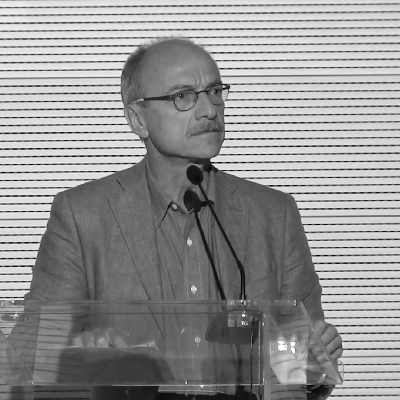First theory: doom-mongers. The Paris Agreement is the umpteenth farce by the circus that for over twenty years has gravitated around the UN to produce conferences leading to no practical results. Do you require proof of it? There you go. Scientists, including those collaborating with The Intergovernmental Panel on Climate Change (IPCC), in other words the UN, have declared in plain English that in order to secure the atmosphere we must drastically and quickly cut greenhouse gas emissions. We need to leave underground two thirds of known fossil fuel reserves and certainly not looking for new ones as we are still doing! Talks about cuts are just greenwashing: the truth is that we keep polluting as if there were no tomorrow. The main path to follow was that indicated by the Kyoto Protocol: in principle keeping emission ceilings that should not be overshot and punishing with sanctions those who are at fault. As far as the Circular Economy Package is concerned, suffice it to see how the text submitted by the Juncker Commission reduced the Barroso Commission’s targets: such a shame. Both the Paris Agreement and the Circular Economy Package are a farce.
Second theory: the integrated. The Paris Agreement is not only the best that we can get but also an excellent agreement. Thinking that more could be achieved is midsummer madness: global governance on big ecosystems is a form of extremism leading nowhere. Communism’s orphans try to recycle themselves, but the free market is the only force able to lead us out of the economic crisis. We will proceed step by step, bearing in mind economic priorities. As for the Circular Economy Package, implementing the Juncker Commission’s suggestions will be very difficult, let alone others!
At this point of any argument, we often say that the truth lies somewhere in the middle. A statement loved by those running with the hare and hunting with the hounds, but of little relevance in this case. In both lines of reasoning what really works is hierarchy: the doom-mongers put the environment on top of the economy while the integrated overturn this priority order. And both fronts have a static vision, as if the game were nearly over and the verdict final. But this is not the case. The environmental argument without economic sustainability will lead to the collapse of society, and the economic argument without environmental sustainability will lead, albeit a little bit more slowly, to the same result. But it is still all to play for!
In this issue, the debate on the circular economy and the interview with Ellen MacArthur show us that an eco-eco (economic and ecological) growth path is possible as long as we are prepared to carry on a campaign both inside and outside parliaments, with the public opinion and news media that have an increasingly crucial role. What has been achieved so far is undoubtedly not enough to secure our big ecosystems, but it reveals a trend that is gathering momentum and dividing the world of fossil fuels, partly allured by reconverting in order to enter the rapidly growing green market.
“It is not a case of causing a little bit less damage every year, we need to rebuild a different model with great economic potential,” told Renewable Matter the founder of the Elle MacArthur Foundation while defining the Circular Economy Package, “the beginning of a great success.” Of course, technology on its own is not enough: a new attitude and new habits are needed, but the circular economy is a model combining these two very elements. In recent months, we have witnessed the creation of the world’s first industrial plant for the production of biobutanediol without a single drop of oil and the growth of the sharing concept in the mobility sector. If how the game will end is still uncertain, we can say that the cards held by the innovation front have dramatically improved. We just need to play them to the best of our abilities.


